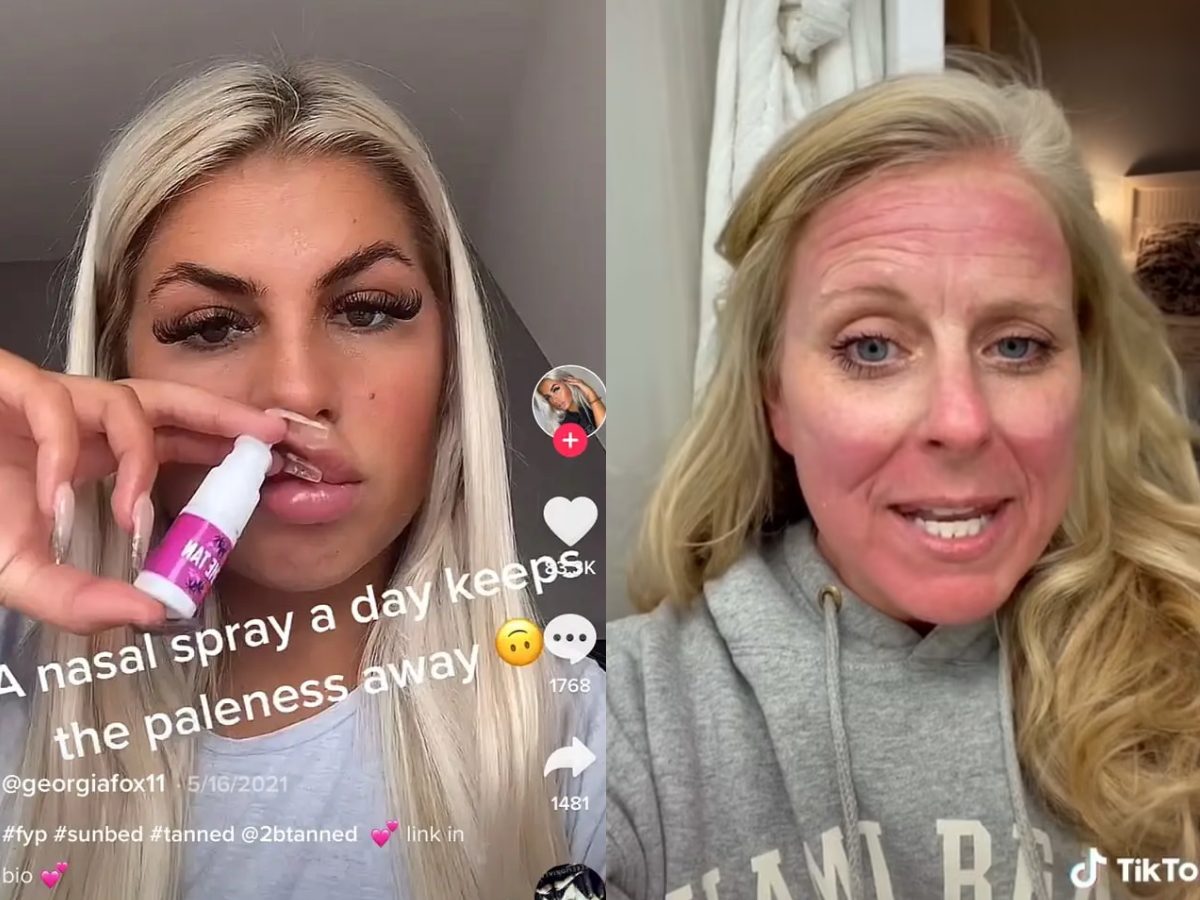One Royal Melbourne Institute of Technology (RMIT) academic, has cautioned against taking all TikTok content as a reliable information source, emphasising the need for users to critically evaluate what they consume due to various concerns related to influencers, fake news, complex issues, content bias, and algorithms.
Dr Lauren Gurrieri, an Associate Professor of Marketing at RMIT University and the Co-Director of the Centre for Organisations and Social Change, examines gender, consumption and the marketplace, with a focus on inequalities and harms (re)produced and experienced across consumer and digital cultures in her research.
Dr Gurrieri said influencers were often perceived as trustworthy on social media, but warned that their recommendations can be misleading and harmful, highlighting examples of dangerous health and beauty trends promoted on TikTok.
Dr Gurrieri said: “According to a recent study, nearly half (44 per cent) of Gen Z consumers report making a purchase based on an influencer’s recommendation, compared to 26 per cent of the broader population (Kantar, 2020). Influencers are viewed as trustworthy and credible sources of information due to their perceived authenticity and relatability. This makes their recommendations highly influential. But sometimes these recommendations can be misleading and even harmful. Dangerous health and beauty trends are rife on TikTok, promoted by influencers in DIY tutorials. Recent examples include snorting or inhaling a synthetic hormone to get an ‘instant tan’; ice facials that can cause frostbite and cold burns; and sunscreen contouring that uses the strategic placement of sunscreen to create tan lines that contour the face but can create UV damage and increase the risk of skin cancers.”
Dr Gurrieri said that people were becoming more sceptical of influencers, “and rightly so”. “A recent sweep by the Australian Competition and Consumer Commission highlighted concerns with 81 per cent of posts by more than 100 influencers around potentially misleading endorsements and testimonials,” she said.
Dr Gurrieri recommends critical analysis of content, fact-checking, consideration of the source’s qualifications, and seeking credible, evidence-based information free from bias.
”So next time, pause and think whether the clip you are watching might be peddling misinformation,” she said. “Critically analyse the content you are consuming – fact check the information, consider the qualifications of the source, examine the transparency of their endorsements and sponsorships, and always seek out credible information that is free from bias and backed up with evidence.”
Read the current issue of our digital magazine below:
- For more news and updates, subscribe to our weekly newsletter
- Follow us on Instagram
- Like us on Facebook
- Connect with us on LinkedIn

